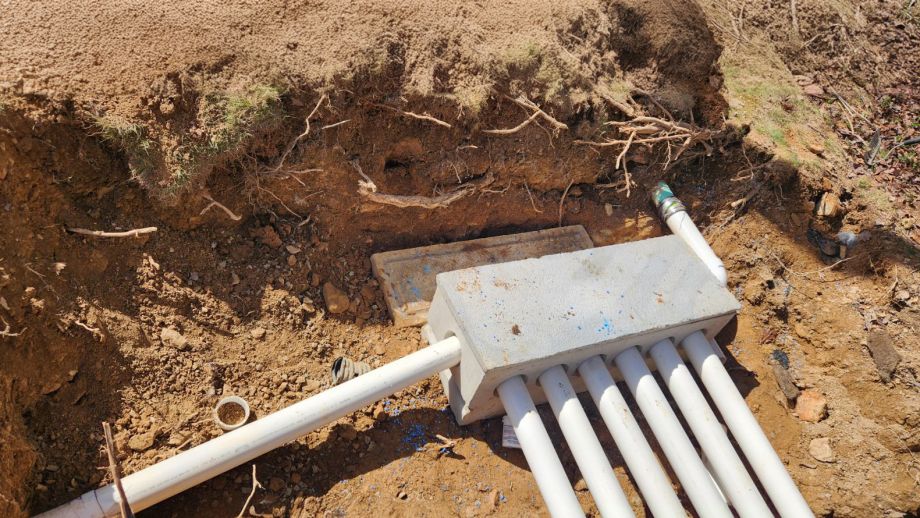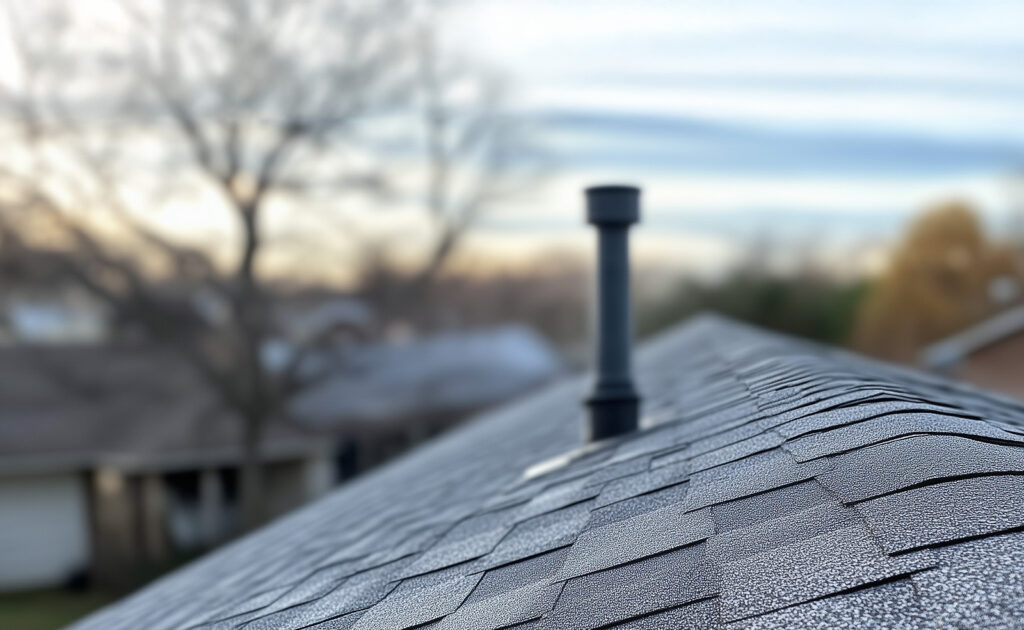
Does A Septic Tank Need A Vent? (Yes – Explained)
Wondering if your septic tank needs a vent?
The short answer is yes. A septic tank needs a vent.
While it might not be the most obvious part of the system, the vent is super important and plays a critical role in keeping your septic system running smoothly.
Without it, your system could run into some serious issues.
In this post, we’ll shed some light on why septic tanks need a vent and what could happen if your tank isn’t vented.
Why Septic Tanks Need To Be Vented
There are a few important reasons why venting a septic tank is a must. It’s not just about keeping the system working but also about preventing problems that can build up over time.
Here are three big reasons why your septic tank need a vent:
Also Read: Is dawn good for septic systems?
#1 Preventing Gas Buildup
Septic tanks are designed to break down waste, and during that process, gasses like methane and hydrogen sulfide are produced.
These gasses can be pretty dangerous if they build up inside the tank.
That’s where venting comes in handy. It’s like opening a window in a stuffy room. The vent lets all those gasses escape safely into the air instead of building up and causing trouble.
Without a vent, you could end up with a tank full of explosive gas – definitely not something you want under your yard!
#2 Reducing Pressure In The System
Think of your septic system as a big, underground maze of pipes and tanks. Now, imagine what would happen if you plugged up all the exits.
Pressure would build up, right? That’s exactly what can happen without proper venting.
This pressure can cause all sorts of problems. Your drains might start gurgling or draining super slowly. You might hear weird noises coming from your pipes. In the worst case, you could end up with sewage backing up into your house – gross.
The vent works as a pressure release valve, allowing excess pressure to escape.
A septic tank needs a vent to keep the pressure just right, so everything flows the way it should.
Also Read: septic tank baffle clogs
#3 Controlling Odor
The stuff in your septic tank doesn’t smell like roses, and no one wants to deal with the smell.
A properly vented system allows unpleasant odors to escape through the vent pipe, typically far enough away that it doesn’t bother you or your neighbors.
If the tank isn’t vented correctly, those smells could end up seeping into your yard or even your house, making things quite unpleasant.
Venting keeps the air flowing in the right direction, taking odors with it.
How Venting Helps The Septic System Function
Venting isn’t just about dealing with gasses and smells – it actually helps your whole septic system work better.
Septic tank vents let air move freely through the system, which is great news for the helpful bacteria that break down waste. Bacteria thrive in an environment with a good balance of oxygen, and the venting system helps make sure they get enough of it to do their job.
Plus, when you use a lot of water at once (like during laundry day), the venting system helps balance out the pressure.
This is super important because it keeps your pipes and tank from getting stressed out, which means fewer leaks and a longer-lasting septic system.
What Happens If A Septic Tank Isn’t Vented
If a septic tank isn’t vented, things can quickly go wrong. Trust me, it’s not pretty:
Also Read: Grass over septic tank is yellow
- Your house or yard might start smelling foul
- Slow draining fixtures and frequent clogs
- You might hear weird gurgling noises from your pipes
- In the worst case, sewage could back up into your house (definitely not something you want to deal with)
- Your septic system might wear out faster because of all the extra stress
- There could even be health risks from those harmful gasses hanging around
In extreme cases, all that built-up methane could actually be a fire hazard. It’s rare, but it just goes to show how important proper venting really is.
Where Is My Septic Tank Vent?

Wondering where your septic tank vent actually is? Most of the time, your septic system actually shares venting with your home’s regular plumbing.
See that pipe sticking up through your roof? That’s probably doing double duty as your main vent stack for both your household plumbing and your septic system.
Sometimes, there might be extra vents on the septic tank or scattered around the drain field.
These help make sure air can move freely throughout the whole system.
If you’re not sure about your setup or want to make sure everything’s working right, it’s a good idea to call in a pro. They can check things out and let you know.
Here are a few more tips to locate it.
Wrapping Up
So, does a septic tank need a vent? Yes, it’s a MUST. Venting helps the system release gasses, control pressure, and keep odors under control.
Without it, you could face some major problems down the line.
Make sure your septic system is properly vented and functioning well—it’s a simple way to avoid a lot of headaches.







